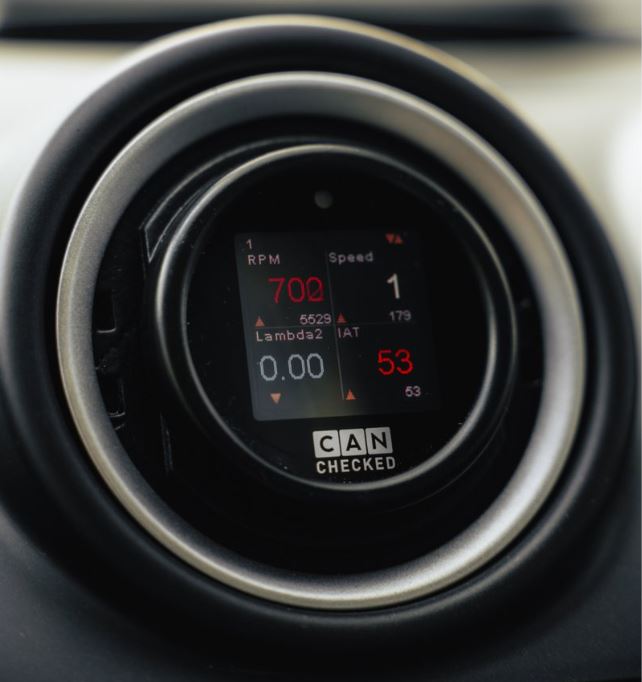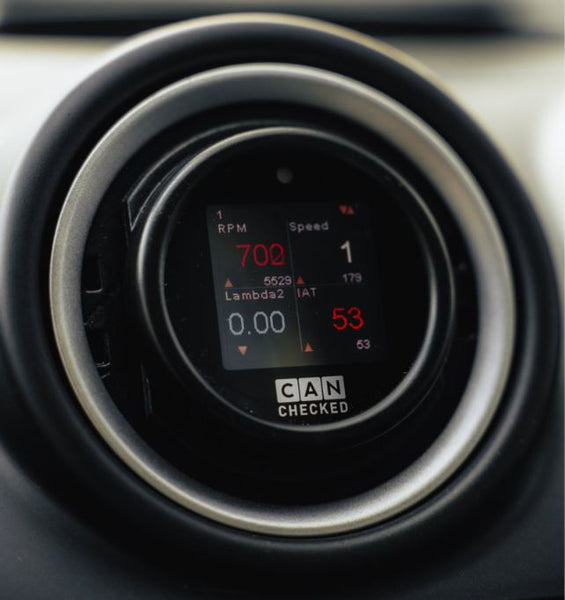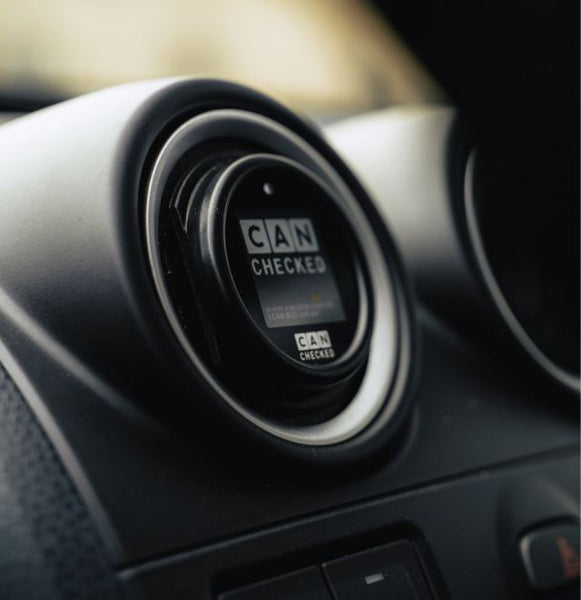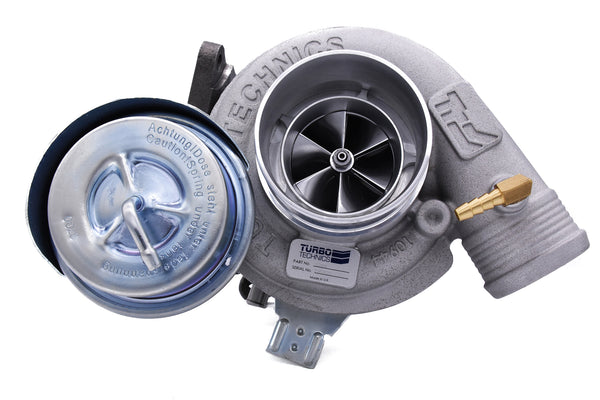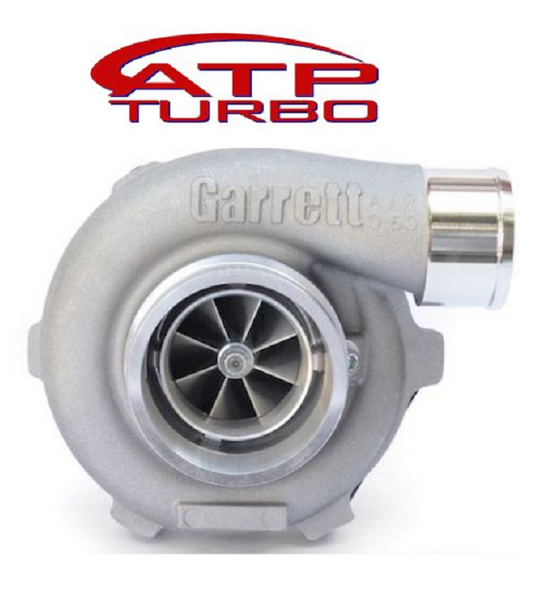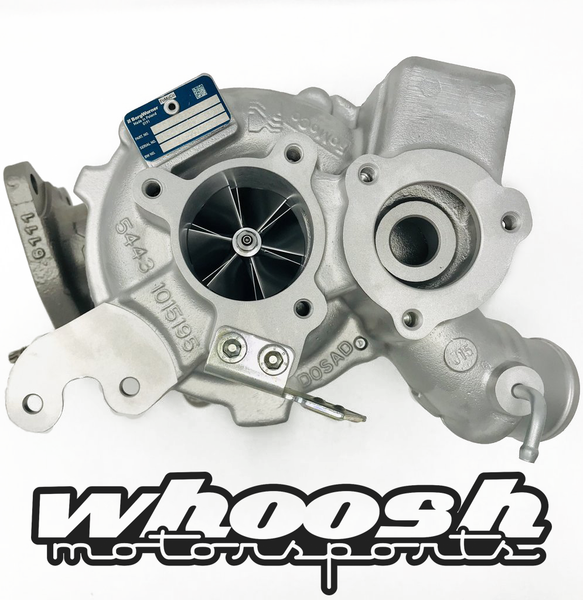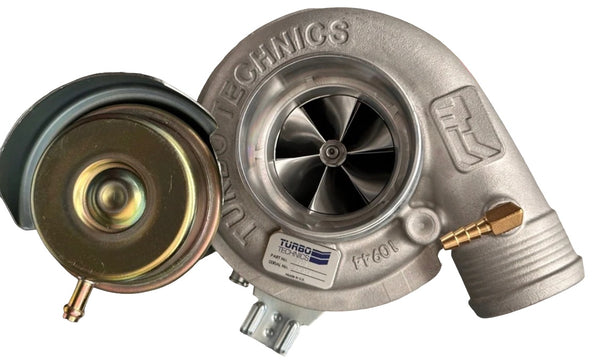WAGNER TUNING MFD15 Multi Function OLED gauge 2014-2019 Fiesta ST
With the Wagner Tuning Display MFD15 Gen2 for your FORD Fiesta ST, you always have all relevant values in view.
The MFD15 Gen2 is equipped with an OLED screen, which offers best readability even in direct sunlight. Due to the outer diameter of 52mm, the display is compatible with commercially available bezels for the interior, even without a vehicle-specific holder from us. The operation is done with the two, on the windshield mounted, push buttons or variable the optional rotary knob.
Key Features
Compact design: 52mm in diameter and only 12.5mm deep
Switching flash: The LED on the front of the display can be used as a switching flash and/or as a warning LED and can be configured freely
Can Bus: Support of Can Bus ECUs, OBD2 from 2008 and deep values for VW/Audi from 2008 or build your own Can Stream
WLAN: connect to your smartphone or PC and perform all further steps via our Web UI
Additional inputs: connect up to 6 analog sensors to the inputs or connect an ethanol sensor* directly to the display
Preset Alarms: predefined alarms can be easily activated and customized. For example, get a big alert when the exhaust gas temperature is above 900 degrees.
Customization: Use your own startup logo or background image to make it your MFD15 Gen2
Online logging*: Log your data with your smartphone or PC and save the log to your device for later analysis
Flex Fuel*: View ethanol content and temperature on your display
Can Switching*: Switch can switches using the buttons on your display and forward the readings from your analog inputs to the can bus
Different views
Choose up to eight pages of different views and customize your display to best suit you and your vehicle:
Analog pointer
Double value
Gear indicator
4-fold values
6-fold values
Bar + double display
Round display
Bar graph (double across)
Performance Meter
Bar chart (1-6-fold upright)
Single value
Online DSS - oDSS
Brand new with our MFD15 Gen2 is the access to the device via WLAN. So you can set up the MFD15 Gen2 via smartphone or PC.
With the oDSS you can set your display completely, log values (license required), upload your own startup image and also update the display.
Supported values
A popular customer question is: "Which values can I request from my ECU". The answer: "ALL" - Our MFD15 Gen2 is compatible with ISO 11898-2 and SAE J2284.
The ECU manufacturers themselves determine which values are sent via the CAN bus interface. Here the documentation is important - possibly even in the form of a DBC file that can be imported via our DSS. Of course, as a customer you can access our extensive list of already implemented ECUs. In total, depending on the manufacturer, up to 64 sensors can be queried.
Of course, OBD2 queries via Can Bus (11bit/29bit) are also implemented. Vehicle specific protocols like UDS or TP2 are also available.
Included by default are:
- OBD2 - 11 and 29bit
- Ecumaster - Classic and Black
- VAG PQ34
- Haltech v2
- LinkECU
- MaxxECU
- Motec M1
- Emtron
- Megasquirt 2 and 3
If the desired ECU is not listed, you can download or request the appropriate TRI/TRX in our database.
For all VW/Audi from year of manufacture 2008 we offer in-depth data queries by protocol. Values like oil temperature, boost pressure, transmission temperature, cylinder selective ignition angle return, high/low pressure, wastegate actuation and much more can be queried and displayed.
Internal LED
The internal LED can be used as a switching flash as well as a warning LED.
As a switching flash you can assign up to 8 different colors and speed limits as well as a speed at which the switching flash starts to flash.
As a warning LED you can assign a min and max value for each sensor (in the oDSS via "Sensors") and also activate the "LED" there. If the sensor is above the maximum value or below the minimum value, the LED will flash in the previously configured color. The switching flash is deactivated during the time of the warning.
Connection and extension
Included with every delivery:
MFD15 Gen2 Display
Connector B (6-way)
Connector C (12-way)
20cm pre-crimped connection cables for power supply, Can Bus, analog inputs, 5V and sensor ground
pins to crimp by yourself
two 1K resistors (for pullup of NTC sensors)
car specific Air vent bezel
OBD Connection cable
Any sensors can be connected via the six analog inputs - we support linear 0-5V as well as NTC sensors.
Our in-house Wagner Tuning Dsiplay sensors are stored in the TRI/TRX files by default and only need to be connected:
AIN1: Temperature sensor
AIN2: Transducer for exhaust gas temperature probe type K
AIN3: Pressure sensor 0-10 bar
AIN4: boost pressure sensor 0-5,5 Bar absolute
AIN5: not preconfigured
AIN6: not preconfigured
For the connection you can use our pre-assembled 4-way AIN harness.
If you have the appropriate license* you can additionally connect an ethanol sensor directly to the display via a separate pin.
Optional accessories
WT22501 ETK01 - external rotary knob with PnP 50 cm connection cable
WT22100 CBD08 - eight-way Can Distribution Hub
WT22902 NTC01 - temperature sensor for liquids 1/8" NPT
WT22903 TCC01 - type K transducer 0-1250°C
WT22901 FLP01 - Pressure sensor 0-10 Bar (145psi) M10x1
WT22900 BST01 - Pressure sensor 0-5,5 Bar absolute (80psi)
*Additional licenses
Live Logging of the MFD15 Gen2
With the additional license "Live Logging", your display can log the data of the sensors into the oDSS. Then you can download the log as a file to your smartphone or PC.
All sensors are logged in the log (ATTENTION: for OBD and UDS only the currently displayed ones!). Select the sensors you want to display graphically.
Flex Fuel Ethanol Sensor directly on the MFD15 Gen2
With the additional license for the ethanol sensor, you connect a sensor directly to the display. You need a pullup resistor (10K) between 5V and signal.
Now you can see the ethanol content as well as the fuel temperature and also log it.
Can Switching and AIN forwarding
With the additional license for Can Switching and AIN forwarding you can use the keys of your display or the rotary knob to switch Can Switches and apply the input voltages of your analog inputs to the Can Bus.

